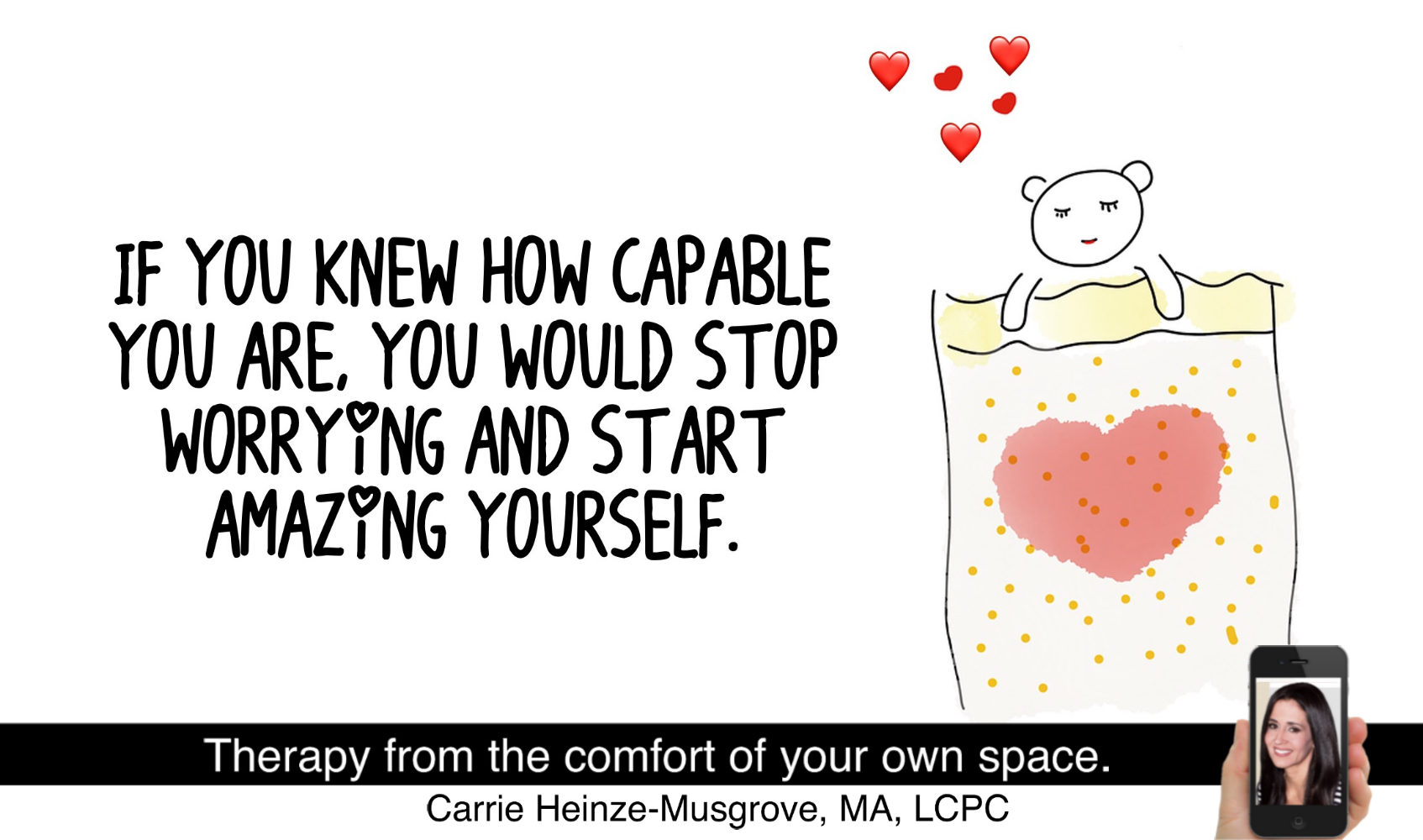Do you have problems getting your mind to stop? Do you worry excessively about things that are unlikely to happen? Does your mind race? Do you feel tense and anxious all day long? Are you unable to sleep or do you feel anxious with no real reason?
Everyone gets anxious sometimes, but if your worries and fears are so constant that they interfere with your ability to function and relax, then you may have an anxiety disorder.
Untreated anxiety can be mentally and physically exhausting. It drains your energy, interferes with sleep, and wears at your body. It also increases your risk of more severe conditions such as depression, suicide and substance abuse.
So, what can be done about your worrying?
First, distinguish between productive and unproductive worrying. If you’re focusing on “what if” scenarios, your worrying is unproductive. It may seem that you’re protecting yourself by preparing for the worst-case scenario or avoiding bad situations. But in most cases, you’re only draining your mental and emotional energy without gaining any concrete problem-solving strategies or actions.
If your worry is uncontrollable, upsetting, stressful or if your worry significantly disrupts your job, activities or social life, it is time to seek help.
Once you’ve given up the idea that your worrying somehow helps you, you can start to deal with your worry and anxiety in more productive ways. Therapy challenges irrational, worrisome thoughts. You will learn how to stop worrying and accept uncertainty in your life. With proper treatment, most people with anxiety disorder manage their symptoms and resume normal living.
Learn the signs and symptoms here: www.carrienet.com/anxiety
Carrie






